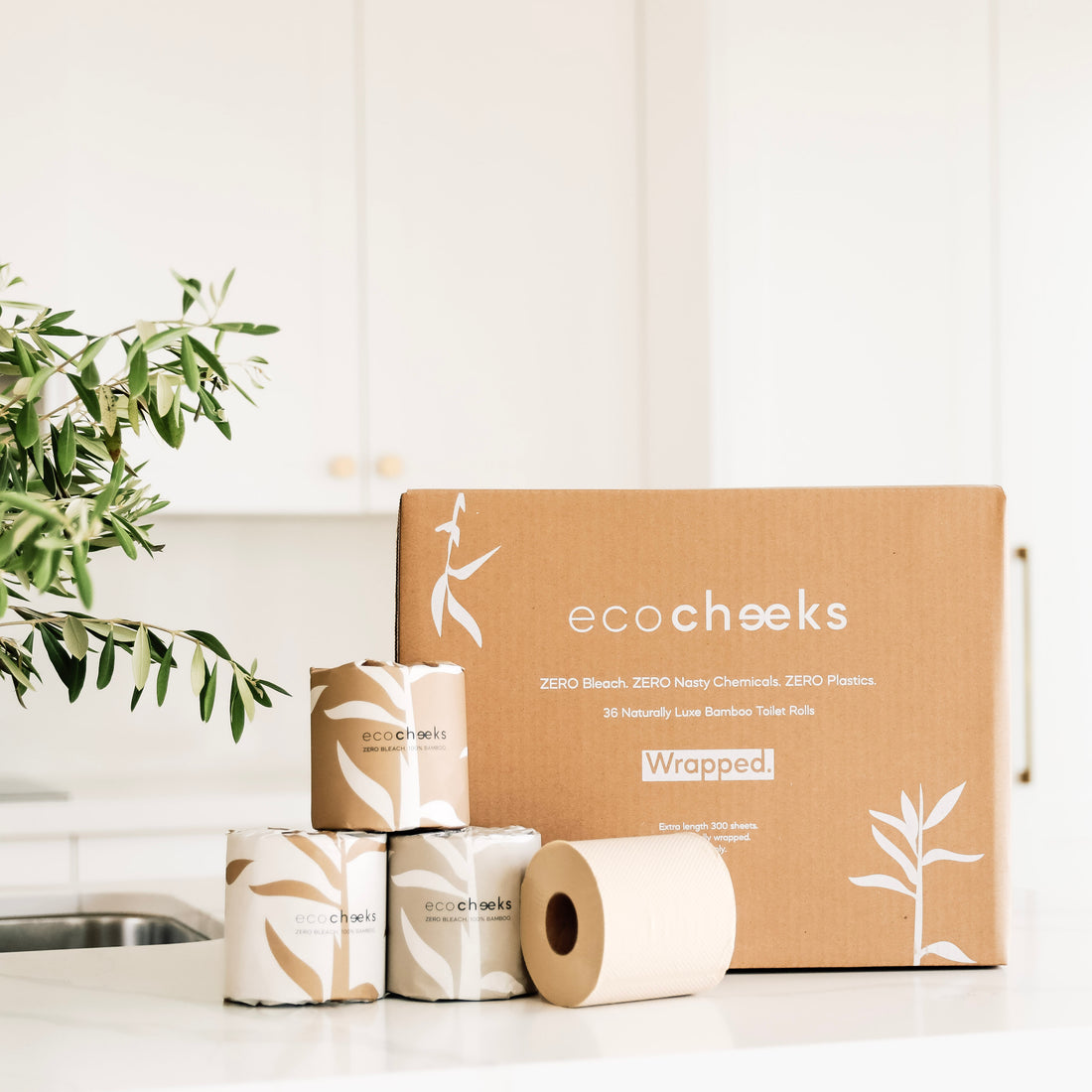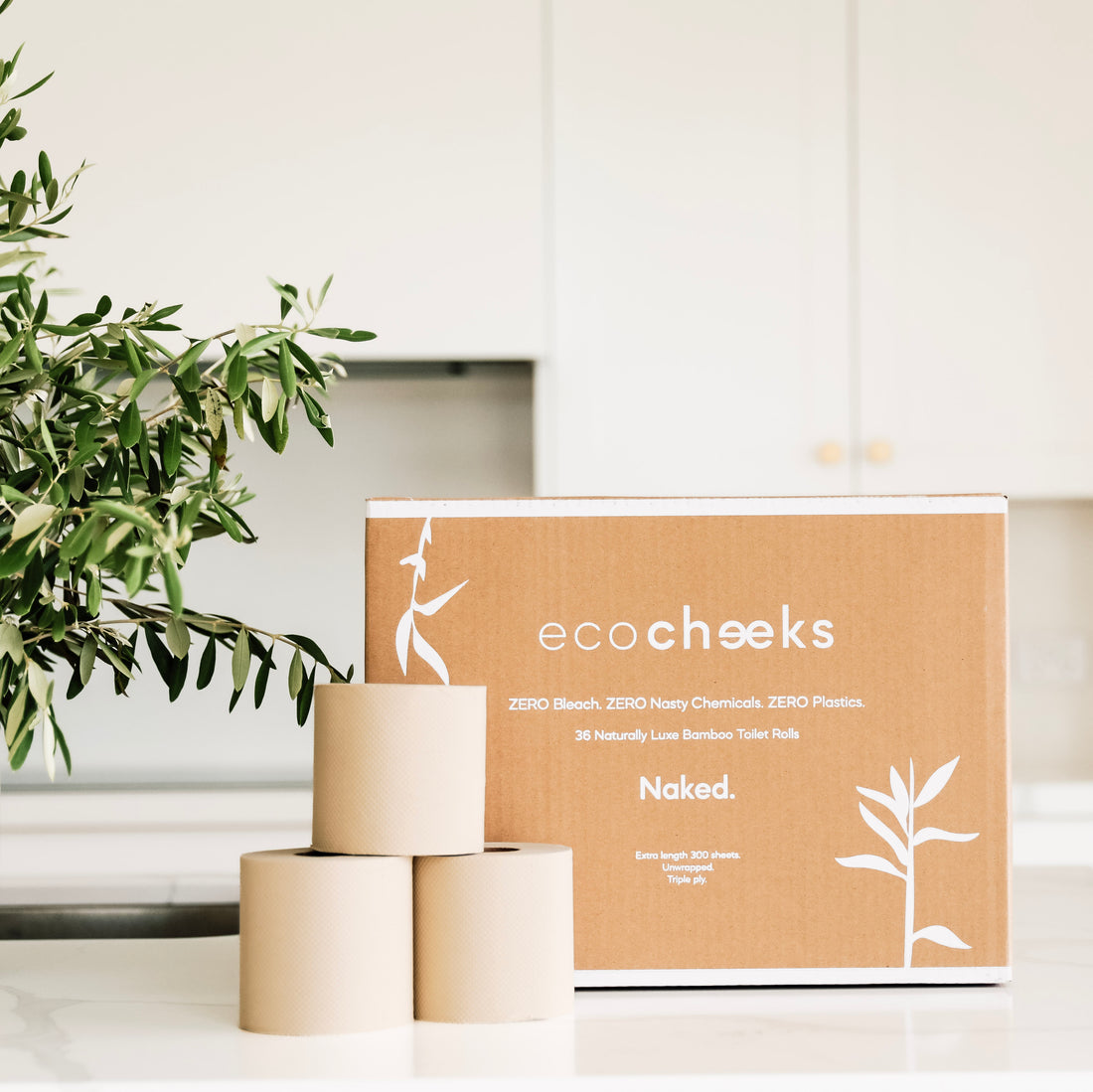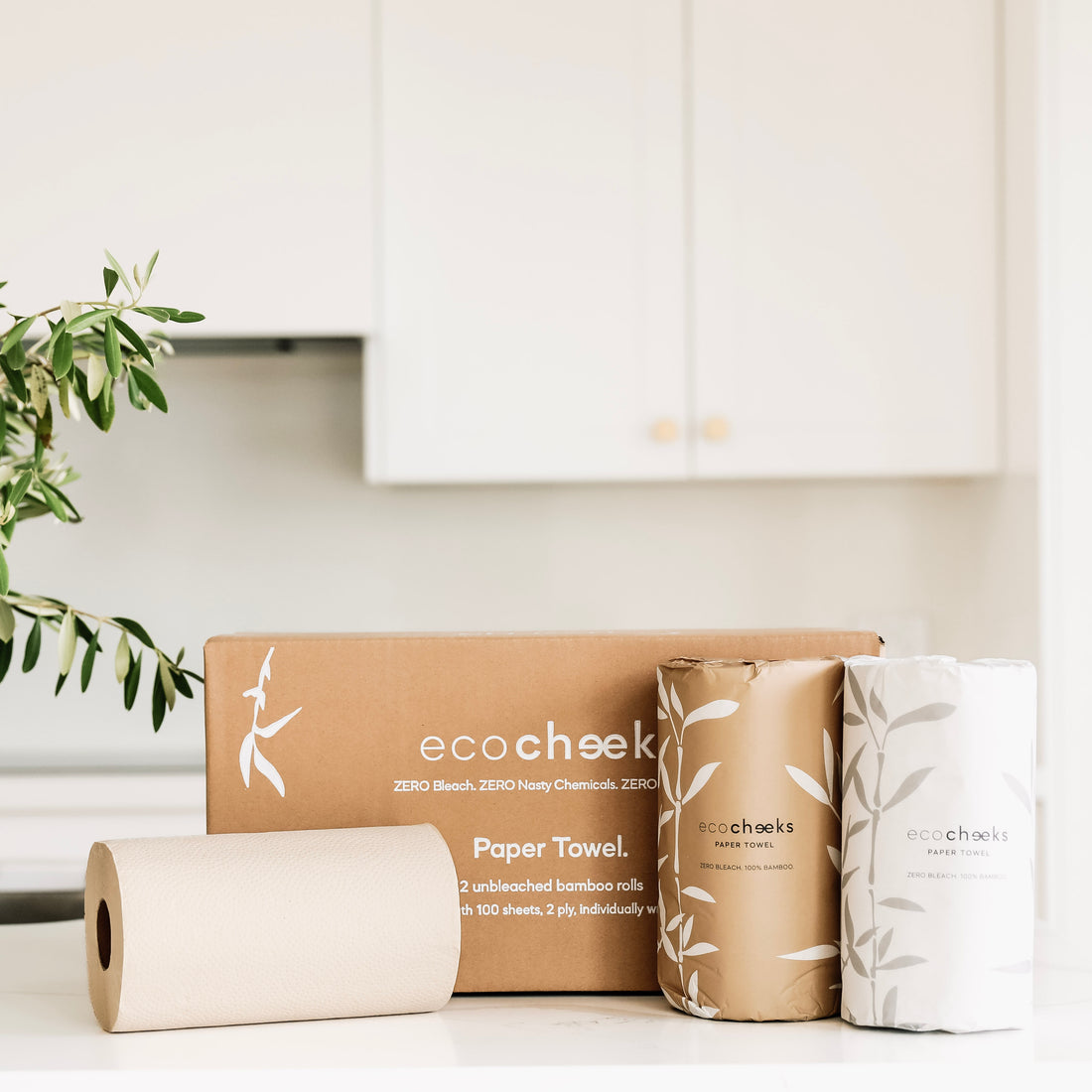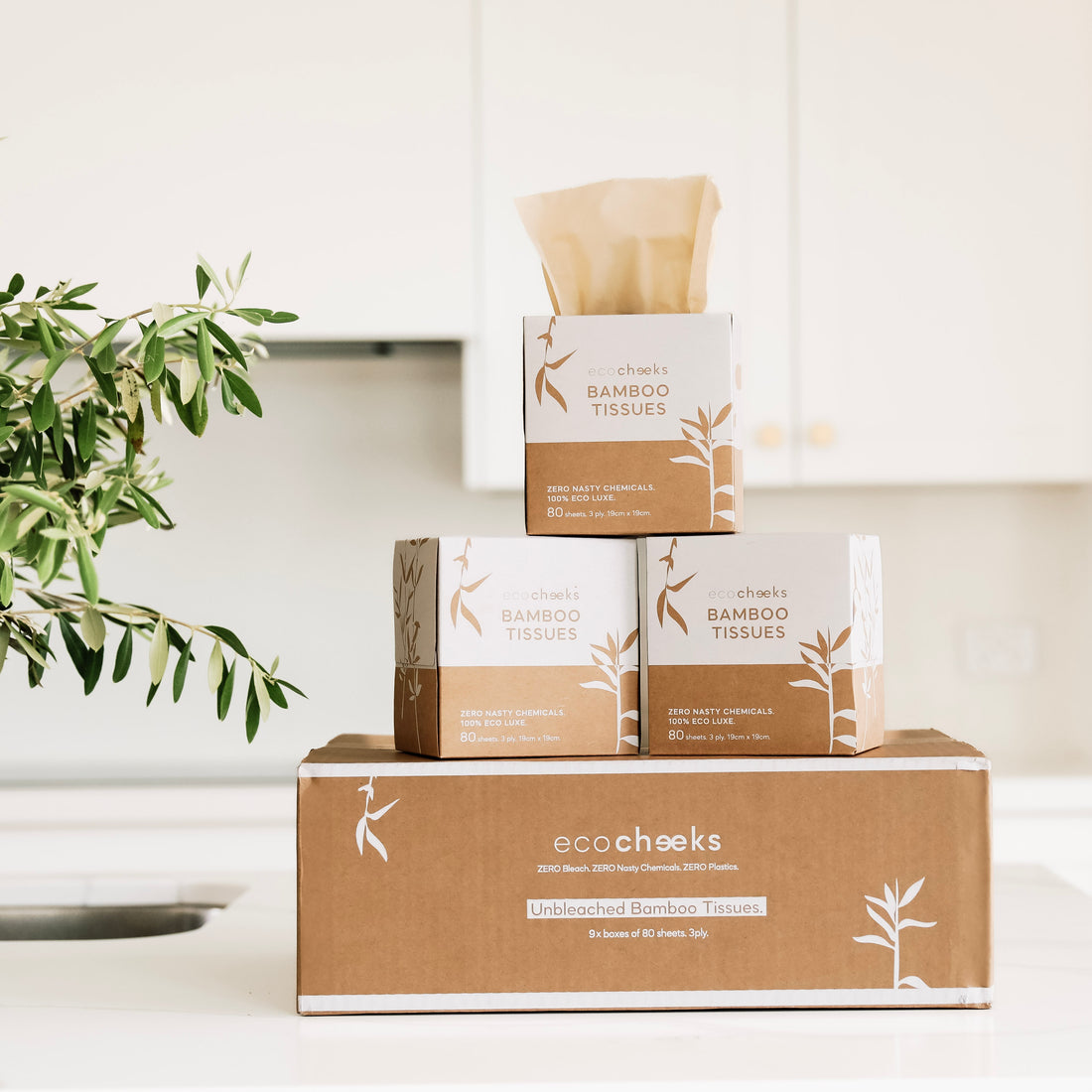June is a significant month as it's dedicated to Bowel Cancer Awareness. It's a time when we come together to shed light on a cancer type that's both common and preventable. Amidst the numerous campaigns and ribbons, it's essential not to overlook the importance of understanding how our lifestyle choices can impact our bowel health. In this guide, we'll explore the crucial link between our everyday habits, early detection, prevention methods, and even the toxins we're exposed to. Our aim? To advocate for a well-rounded approach to preventing bowel cancer.
Bowel Cancer Awareness: What is Bowel Cancer?
Bowel cancer, also called colorectal cancer, occurs when abnormal cells grow uncontrollably in the colon or rectum. It ranks as the third most common cancer globally, with lifestyle factors significantly influencing its development. While genetics can predispose individuals to this disease, lifestyle choices like diet, exercise, and tobacco and alcohol use also play a major role.

Lifestyle Factors contributing to Bowel Health
1. Diet: Eating lots of processed and red meats while skimping on fibre has been associated with a higher risk of bowel cancer.
Did you know? Research from Bowel Cancer Australia suggests that the Mediterranean diet, which includes high consumption of fruits, vegetables, whole grains, and olive oil, may provide benefits against bowel cancer due to its anti-inflammatory and antioxidant properties.
2. Sedentary Lifestyle: An inactive lifestyle can lead to obesity, which is a risk factor for bowel cancer. Regular physical activity helps maintain a healthy weight and promotes good bowel health.
Fun Fact: Exercise doesn't have to feel like a chore! Engage in activities you enjoy, whether it's dancing, swimming, hiking, or practising yoga. The key is to move your body and have fun while doing it!
3. Tobacco and Alcohol Consumption: Smoking and excessive alcohol consumption can harm your bowel health. Quitting smoking and cutting back on alcohol not only reduces your risk of bowel cancer but also boosts your overall well-being.
Pro Tip: Getting support from friends, family, or a healthcare professional can make a big difference in quitting smoking or cutting back on alcohol. You might want to check out support groups, counselling services, or nicotine replacement therapies to help you on your path to a healthier lifestyle.
4. Added Toxic Load from Nasty Chemicals: Exposure to certain chemicals can increase the risk of bowel cancer. These toxicants can seep into the bloodstream and initiate colorectal cancer.
Did you know? That chemicals found in some household products and industrial environments can easily enter our bloodstream and potentially trigger colorectal cancer? It's a good idea to minimise exposure to harmful chemicals by choosing eco-friendly products and maintaining good ventilation in your living spaces.

Early Detection Saves Lives
Detecting bowel cancer early is one of the keys to improving outcomes. Screening tests like faecal occult blood tests (FOBT), sigmoidoscopy, and colonoscopy can find precancerous polyps or early-stage cancer when treatment works best. It's important to know the screening guidelines and talk about them with your healthcare provider, especially if you have a family history of bowel cancer or other risk factors.Did you know? According to Bowel Cancer Australia, participating in regular bowel cancer screening programs can reduce mortality rates by detecting cancer at an early stage when it's most treatable.
Warning Signs That Shouldn’t Be Ignored:
-
Persistent Changes in Bowel Habits: If your bathroom routine suddenly becomes unpredictable with persistent diarrhoea, constipation, or a change in stool consistency, it's time to pay attention.
-
Rectal Bleeding or Blood in Stool: Noticing blood when you go to the bathroom? It's a sign to see your doctor.
-
Abdominal Pain or Cramping: Persistent tummy troubles like gas, pain, or cramps that don’t go away might need a closer look.
-
Unexplained Weight Loss: If you're shedding pounds without trying, it's worth investigating.
-
Fatigue and Weakness: Feeling constantly tired or weak, especially along with other symptoms, can be a signal from your body.
It's essential to seek prompt medical evaluation if you experience any of these symptoms. Early detection is crucial for successful treatment outcomes.
Prevention Strategies
1. Maintain a Healthy Weight: Obesity and excess body fat increase the risk of bowel cancer. Adopting a balanced diet and regular exercise regimen can help achieve and maintain a healthy weight, reducing cancer risk.
Fun Fact: In addition to its role in weight management, physical activity can directly influence bowel health by promoting regular bowel movements, reducing inflammation, and enhancing immune function. So lace up those sneakers and get moving for a regular, healthier bowel!
2. Limit Red and Processed Meats: Reduce the consumption of red and processed meats such as bacon, sausage, and hot dogs. Opt for lean protein sources like fish, poultry, and plant-based alternatives to lower your risk of bowel cancer.
Did you know? Cooking methods can impact the carcinogenic potential of meat. Opt for healthier cooking methods like grilling, baking, or steaming to minimise the formation of harmful compounds such as heterocyclic amines and polycyclic aromatic hydrocarbons.
3. Increase Fibre Intake: Fibre-rich foods such as fruits, vegetables, whole grains, and legumes promote bowel regularity and contribute to a healthy digestive system. Aim to include a variety of fibre sources in your diet to support bowel health.
Fun Fact: Fibre acts as a natural scrub brush for your intestines, helping to sweep away waste and toxins while promoting the growth of beneficial bacteria in the gut. So load up on fibre-rich foods for a squeaky-clean bowel!
4. Eliminate unnecessary chemicals: Reducing exposure to harmful chemicals, including those found in certain household products and personal care items, can decrease your risk of bowel cancer. Choose eco-friendly and chemical-free products whenever possible.
Did you know? Many everyday products, from cleaning supplies to cosmetics, contain harmful chemicals that can affect your health. Opting for natural and chemical-free alternatives can help reduce your overall toxin exposure and contribute to better bowel health.

The Role of Chemical-Free Toilet Paper
When it comes to maintaining optimal bowel health, even seemingly small choices can make a big difference. Take, for instance, the toilet paper we use every day. It might not seem like a big deal, but traditional toilet paper often contains chemicals like bleach, fragrance, and dyes. These chemicals can actually be absorbed through the skin and might mess with the delicate balance of our gut bacteria. That's where eco-friendly options like Eco Cheeks come in. We skip the harmful chemicals, so you can feel confident knowing you're minimising your exposure to toxins and looking out for your overall bowel health.
As we observe Bowel Cancer Awareness Month this June, let's appreciate how our lifestyle choices impact our bowel health. By adopting a balanced diet, staying physically active, avoiding tobacco and excessive alcohol, and prioritising early screening, we can significantly reduce the risk of bowel cancer. Additionally, by being mindful of our choices, like selecting chemical-free toilet paper such as Eco Cheeks, we can take further steps to protect our bowel health and overall well-being. Let's come together to raise awareness, promote prevention, and strive for a future where bowel cancer is no longer a threat!









1 comment
Loved your write up about bowel problems. It was great you need to put it out there more. Cheers Dale.